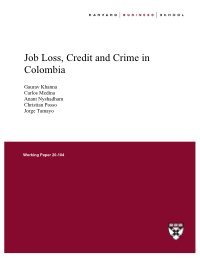By Zahid ul Arefin Choudhoury, Fahima Durrat, Maria Hussain, et al.
The study takes up the pertinent challenges in human rights work of consistent lacks, deficiencies and uncertainties in human rights work and human rights reporting. These challenges pose questions to the human rights community on how to provide reliable information on violence, torture and ill-treatment, which includes the detection and identification of both victims and perpetrators necessary to ensure individual justice and institutional accountability. The report demonstrates that it is possible to address sensitive political issues of governance and violence, even in a nervous political setting, and produce relevant and solid data on violent encounters, that describes the unfolding of these events and the effects on life and livelihood, including health and economy, of the individuals and families involved. The richness and depths of the data confirms the usefulness of the methodological approach, at least in Korail Basti in the centre of Dhaka. It indicates a potential for broader and hopefully general applicability in other similar areas of the city, the country or the region and perhaps even at a global level. Confirming this general applicability would entail the need to replicate, adapt and carry through the study in additional sites and places with other contextual social, political and economic conditions and configurations. The solidity of the survey’s findings is a promising result of the study and could be a possible departure point for further testing of the proposed methodology
Bangladesh, UK and Denmark: University of Dhaka Department of Peace and Conflict Studies, DIGNITY and University of Edinburgh Anthropology Department, 2016. 110p.



